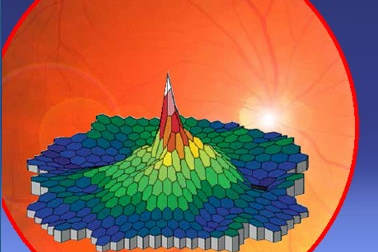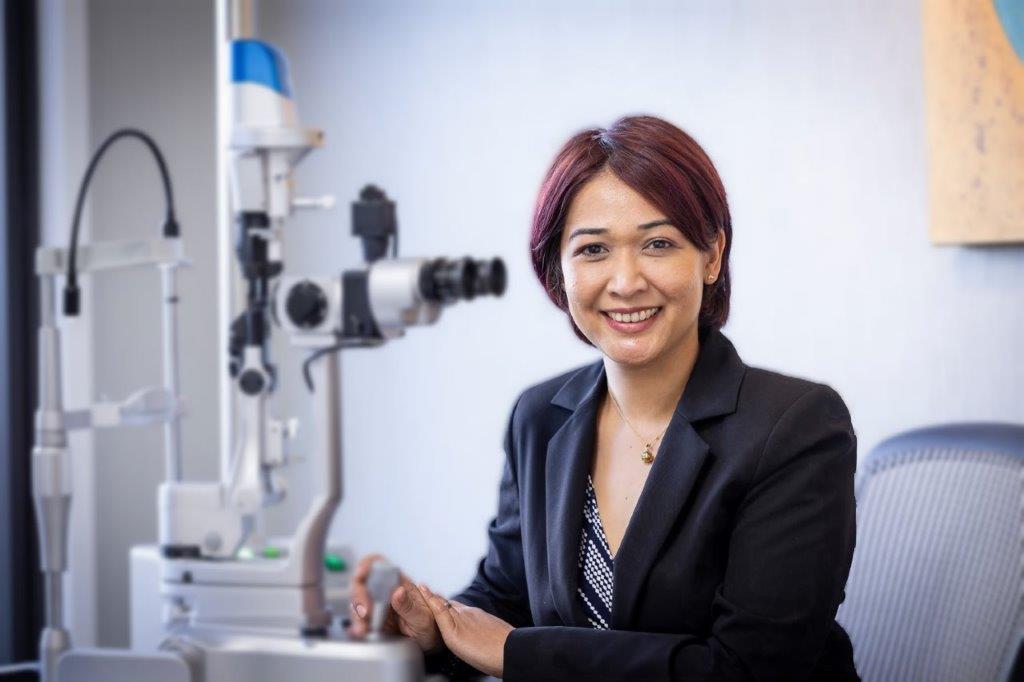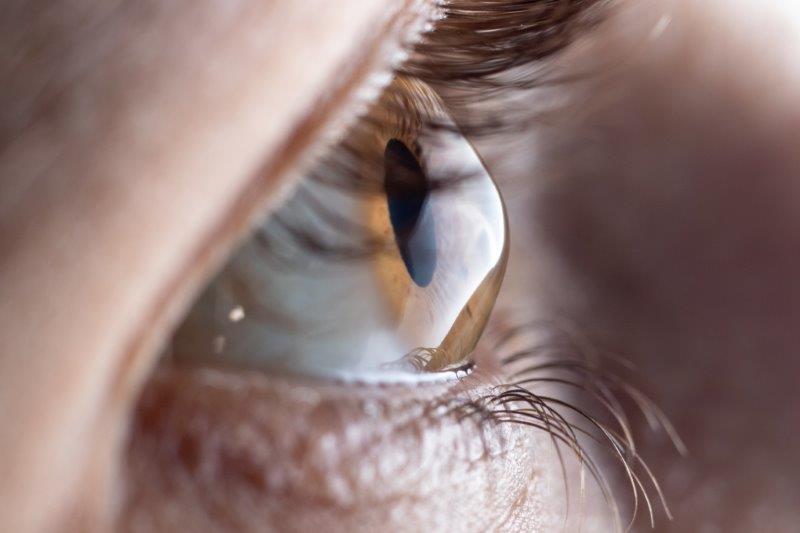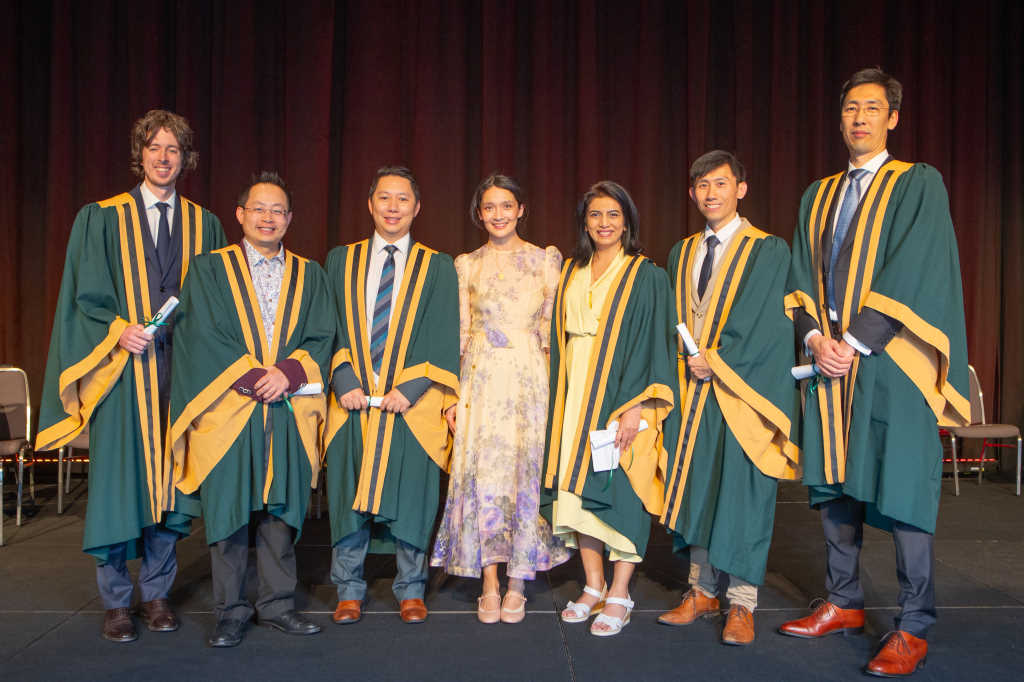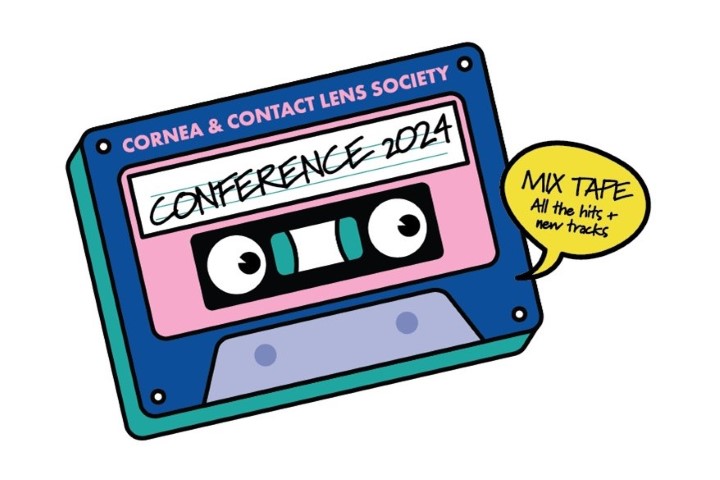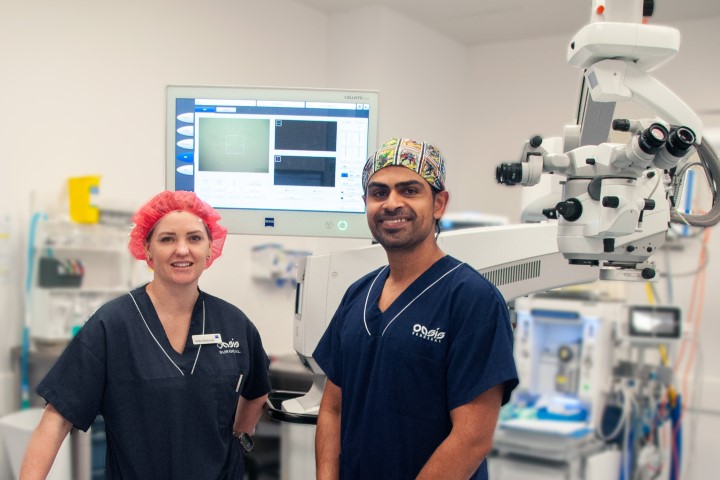Inaugural electrophysiology meeting
Medical retina specialist Dr Dianne Sharp and the Ophthalmic Instrument Company (OIC) are hosting a special Roland Consult Electrophysiology Users Meeting at the Greenlane Clinical Centre on 13 May, the Sunday after the RANZCO NZ 2018 conference in Auckland.
The role of electrodiagnostic testing in ophthalmology has expanded as a diagnostic tool for retinal, macular and optic nerve disease and is now an important adjunct to genetic testing, says Dr Sharp. “It is used to monitor response to therapy in posterior uveitis, diagnose acquired retinal conditions, such as autoimmune retinopathy, and monitor at risk patients for signs of early toxicity to drugs, including hydroxychloroquine.”
Dr Sharp is convening and coordinating the OIC-sponsored meeting and will be supported by ophthalmic electrodiagnostic technician, Juliet Ware, Roland Consult’s Oskar Stasche from Germany, and Tim Way from OIC.
“The German-designed Roland system has been ideal for New Zealand, with excellent support from the German designers who have frequently visited to install and update units,” says Dr Sharp. There are now seven Roland systems in New Zealand at the Greenlane Clinical Centre, Auckland University, Retina Specialists, Hamilton Eye Clinic, Wellington Hospital, Christchurch Hospital and Dunedin Hospital.
This inaugural users’ meeting will be split into two halves. The morning session is specifically for Roland electrodiagnostic system users (technicians and ophthalmologists) to gain greater familiarity with the equipment and discuss specific user issues. While the afternoon session is aimed at all ophthalmologists, registrars and technicians who have been invited to participate in clinical case discussions, which highlight the uses of electrodiagnostic testing, and share their diagnostic dilemmas.
The day is an opportunity to gain further training to ensure the most accurate and reproducible results, to review setups for specialty tests, to address paediatric testing and to discuss reporting techniques, says Dr Sharp. “This is not to achieve a single standard (ISCEV provides the international standards) but to have some degree of uniformity across the country in the testing setups and reporting, so that complex cases and our collective experience can be shared with other users.”









